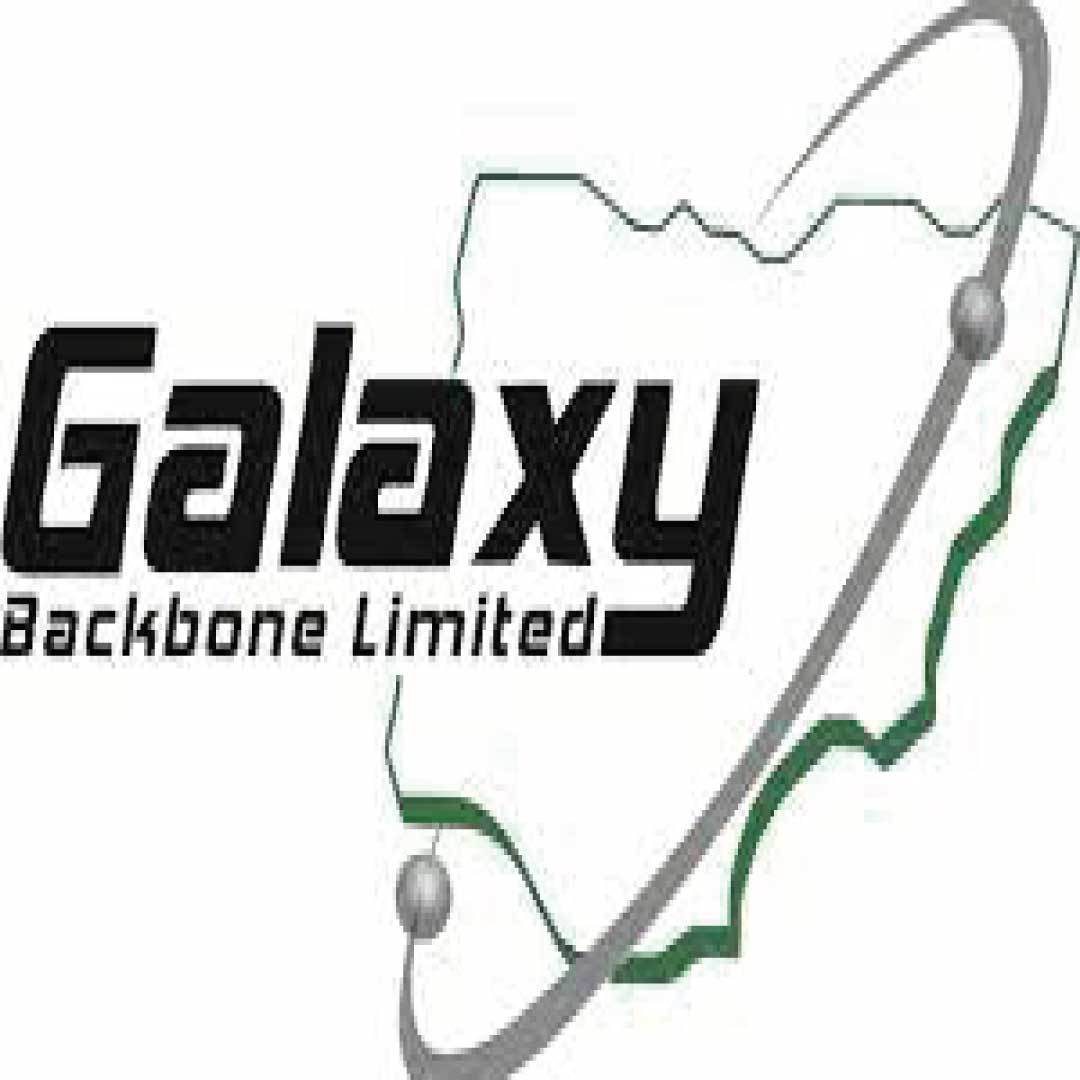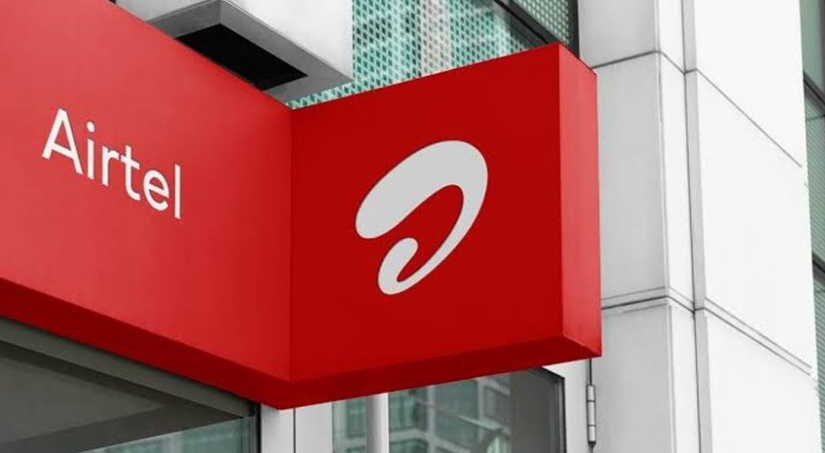The Galaxy Backbone website, accessible at its services page, operates solely in English, lacking support for Nigeria’s local languages like Hausa, Yoruba, Igbo, or Pidgin English. This English-only approach hinders localisation in Nigeria, where over 500 languages are spoken, limiting accessibility for non-English speakers, particularly in rural areas. As a cornerstone of Nigeria’s digital infrastructure, Galaxy Backbone’s failure to offer multilingual content undermines digital inclusion, restricting its reach among diverse communities seeking government services.
Digital service accessibility barriers in Galaxy Backbone Nigeria’s platform
Service accessibility on the Galaxy Backbone Nigeria website poses significant barriers for Nigeria’s multilingual population. It outlines cloud solutions, internet services, and connectivity for government agencies and SMEs, but technical jargon like “hyper-converged infrastructure” may confuse non-experts, especially those facing language barriers in Nigeria. While navigation is straightforward, the site lacks accessibility features like text-to-speech or multilingual interfaces. Galaxy Backbone offers 24/7 support via email, WhatsApp, and phone, but communication appears English-only, and content lacks cultural relevance, reducing engagement across Nigeria’s diverse regions.
Localisation gaps on Galaxy Backbone’s website and other government platforms in Nigeria
Localisation efforts are absent on the Galaxy Backbone website, despite its .gov.ng domain aligning with Nigeria’s digital goals. To enhance digital inclusion in Nigeria, particularly in underserved areas, Galaxy Backbone could implement translation plugins or provide content in Hausa, Yoruba, or Igbo, strengthening accessibility and supporting Nigeria’s vision for a connected economy.
NITDA and other government websites: Localisation gaps in Nigeria’s digital space
Comparing Galaxy Backbone to other Nigerian government websites, including services.gov.ng, nitda.gov.ng, ncc.gov.ng, and immigration.gov.ng, reveals consistent localisation challenges. The e-Government Portal, services.gov.ng, aims to streamline access to services like visa regularisation in Nigeria but operates in English only, excluding non-English speakers. This limits accessibility and localisation, failing to serve Nigeria’s diverse population.
The NITDA website, nitda.gov.ng, is similarly English-centric, despite NITDA’s role in driving digital literacy and cybersecurity in Nigeria. Its technical content and English-only communication restrict engagement, missing opportunities for localisation in languages like Hausa or Yoruba. The Nigerian Communications Commission’s site, ncc.gov.ng, offers English-only content on broadband initiatives, with jargon that may alienate non-English speakers, despite efforts to expand connectivity in rural Nigeria. The Nigeria Immigration Service website, immigration.gov.ng, assumes English literacy, limiting accessibility for local language speakers despite user-friendly features.
Advancing Digital Inclusion: Solutions for Localisation and accessibility in Nigeria
These Nigerian government websites rely on English, restricting accessibility for the 60 percent of Nigerians who speak local languages, particularly in rural areas. The absence of multilingual features like translation tools for Hausa, Yoruba, or Pidgin English hampers localisation. Technical language and a lack of culturally relevant content reduce trust, undermining NITDA and Galaxy Backbone’s digital inclusion goals. Accessibility suffers, as English-only support systems exclude non-English speakers, deepening Nigeria’s digital divide.
To advance localisation and accessibility in Nigeria, Galaxy Backbone, NITDA, and other government websites should adopt multilingual interfaces for Hausa, Yoruba, and Igbo, using AI-driven translation with human oversight. Simplifying content and adding visual aids in local languages would boost engagement. Leveraging Galaxy Backbone’s fiber backbone and NITDA’s partnerships could support localized digital literacy campaigns. Multilingual support staff and chatbots would enhance user experience, aligning with NITDA’s National Digital Economy Policy for digital inclusion in Nigeria.
















